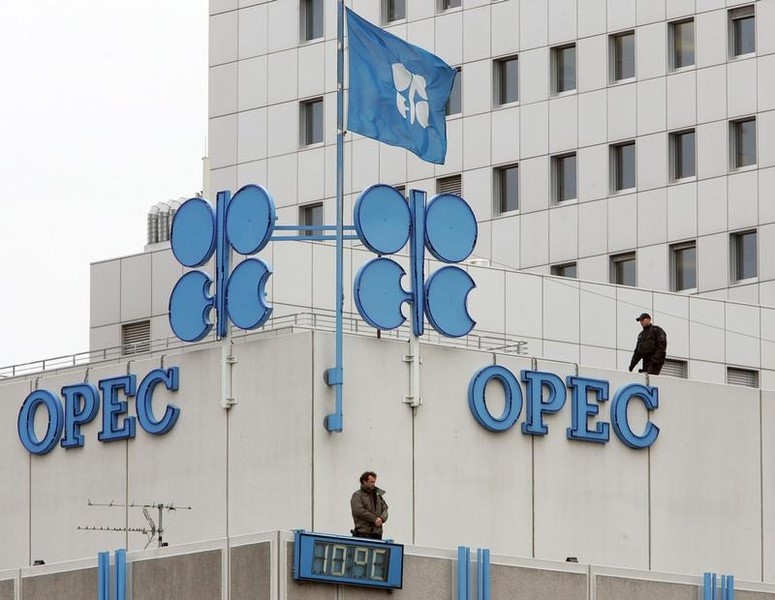By Joe Cash
BEIJING (Reuters) – Angola’s decision to leave the Organization of the Petroleum Exporting Countries could open the way for Beijing to increase investment in the country’s oil and other sectors, as part of a deepening of decades-old ties.
Angola said on Thursday it was leaving OPEC, effective from Jan. 1, following a row with the producer group over the size of its output quota.
The decision also follows an agreement signed between China and Angola this month on enhanced cooperation.
“China stands out as a pivotal and proven partner,” Angola’s Foreign Minister Tete Antonio said during a visit to Beijing when the deal was signed.
Angola, for which oil constitutes 90% of exports, is seeking to diversify its economy, but it also needs revenue.
Antonio said Angola acknowledged the importance of technology, a skilled workforce and strategic partnerships that could help the country move on from oil, and called for more Chinese investment particularly in the country’s coffee, batteries, and solar energy sectors.
Angola had been seeking a higher OPEC output quota. The group’s quotas are designed to support global oil prices but can limit a producer’s ability to attract oil investment in new capacity because they can cap earnings.
Freedom from OPEC output constraints could therefore allow China to increase its role in the oil sector, which has struggled from years of underinvestment.
“If they feel there is scope for them to find new investment from China to grow oil production, then perhaps that’s the source of motivation to re-engage with the Chinese,” Yvette Babb, portfolio manager at William Blair, said.
“Because while they need to diversify away from oil as a driver of growth, they do not have sufficient non-oil sources of revenue to sufficiently finance that diversification.”
China has a vested interest in Angola’s quest to overhaul its economy because Luanda owes Chinese creditors just under $21 billion, according to World Bank data.
POST-WAR RECONSTRUCTION
The debts go back years.
After Angola’s civil war ended in 2002, the country took on Chinese loans to fund its reconstruction following 25 years of violence and sold hydrocarbons to the world’s largest energy consumer. It was briefly China’s biggest oil supplier in 2006.
Of late, China has received extra supplies from Russia as it has rerouted oil it supplied to Europe before Moscow’s 2022 invasion of Ukraine ended relations with Western customers.
Angola’s oil output has meanwhile shrunk for want to investment.
The net result has been a fall in Angola’s oil shipments to China of nearly 30% between 2020 and 2022.
Environmental campaigners would favour Angola’s departure from OPEC to herald a green transition.
“It makes sense for every resource-rich African country to diversify energy and revenue sources if they have the resources to do so, even if their pace might be slower than richer countries,” Hannah Ryder, CEO of Development Reimagined, an African-owned development consultancy headquartered in Beijing.
But the this month’s COP28 U.N. climate deal stopped short of calling for a phase out, or phase down of fossil fuel, and the economics of renewable energy can still be less enticing than the returns of oil and gas.
Chinese firms have invested just shy of $14 billion in Angola over the last decade, the bulk of which was in energy.
This year, Chinese investment into Angola consisted of $250 million from PowerChina, a state-owned civil engineering firm, into developing Angola’s telecommunications infrastructure, according to data from the American Enterprise Institute think tank.
In 2021, the company made two separate investments of $160 million and $150 million into Angola’s transport and healthcare sectors.
“We always hope to advance practical cooperation with Angola based on equality as well as mutual benefit,” Wang Wenbin, a Chinese foreign ministry spokesperson, told a regular news conference in Beijing on Friday.
In its latest pitch to deepen its ties – and economic influence – in Africa, China will offer six countries, including Angola, tariff-free access to its massive consumer market on 98% of the goods that it imports, starting on Dec. 25, Christmas Day.
Read the full article here
